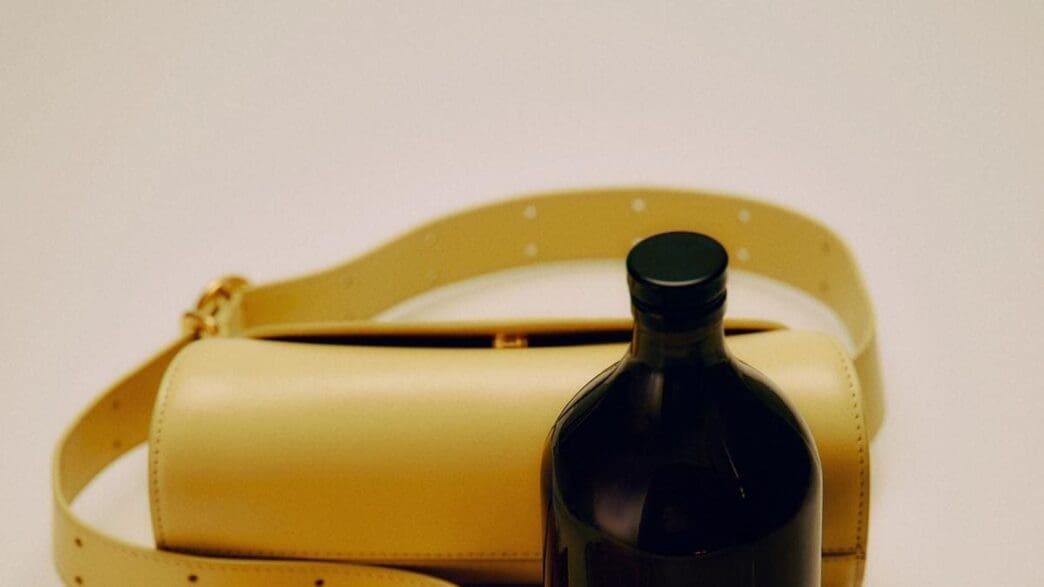Drinking might feel like it’s part of the twenties lifestyle, but a quiet revolution is happening. A new generation is swapping alcohol-fueled nights for sober soirées, stepping away from traditional drinking habits. This change is not just a fleeting trend; it appears to be reshaping social norms around alcohol among young adults.
According to Ziming Xuan, a social epidemiologist at Boston University, the percentage of college students in the United States who choose not to drink is steadily climbing. In 2002, 20% of students abstained from alcohol. By 2018, that figure had risen to 28%. The numbers suggest a steady retreat from the drinking culture that has long dominated youth life. This shift is largely health-driven. The World Health Organization recently highlighted that no amount of alcohol is safe, dispelling long-standing myths about the health benefits of moderate drinking.
The statistics speak volumes about the dangers of alcohol. The CDC reports that excessive alcohol consumption leads to 178,000 deaths annually and heightens the risk of various cancers, including breast cancer. Additionally, alcohol — a known depressant — may initially offer relaxation but can eventually lead to increased anxiety. Author Hilary Sheinbaum notes, “The effects of alcohol on both physical and mental health are undeniable.”
Junia Lebek, a 26-year-old former “party girl,” decided to quit drinking during her junior year of college due to the negative impact on her mental health. Now sober for over five years, she shares that she has never felt better both physically and mentally. Similarly, writer Mary Honkus explains that the emotional hangovers from her drinking often outweighed the physical ones, leading to weeks of depressive states.
For Gen Z, the social risks of drinking also play a role. Over half of this generation fears how excessive drinking might affect their online image. Photographer Nat Segebre and publicist Jade Corona both stopped drinking to maintain control over their lives. Segebre was inspired by the straight edge subculture, while Corona simply didn’t see drinking as ‘cool’.
The rise of nonalcoholic alternatives provides an appealing option for the sober-curious. Mocktails, once relegated to the sidelines, now hold a prominent place on drink menus, often with imaginative names and sophisticated presentations. Famous bars, like Bar Room at the Beekman in New York City, feature creative mocktails that challenge the traditional cocktail. Companies are jumping on the trend too—major brands like Möet Hennessy and innovative drinks from Ghia and Kin Euphorics cater to this growing market.
However, it’s not just about skipping the alcohol—it’s about the joy of having alternatives that feel equally special. Mélanie Masarin of Ghia describes their product as “a happy drink,” focusing on the positive side of sobriety. Venues like Rent Money Lounge in NYC offer nonalcoholic experiences, allowing patrons to enjoy an evening out sans alcohol. Founder Danielle Chiz notes the positive feedback from young clientele who appreciate enjoying nightlife without the need for alcohol.
The decreasing emphasis on alcohol among Gen Z is a telling sign of changing attitudes. With clearer views on health, a desire for authenticity, and a wide array of nonalcoholic options, sobriety is not a limitation but an opportunity for different experiences. As this generation continues to redefine social norms, it’s evident that the era of the mocktail is not just a trend but a fundamental shift.
Source: Yahoo







